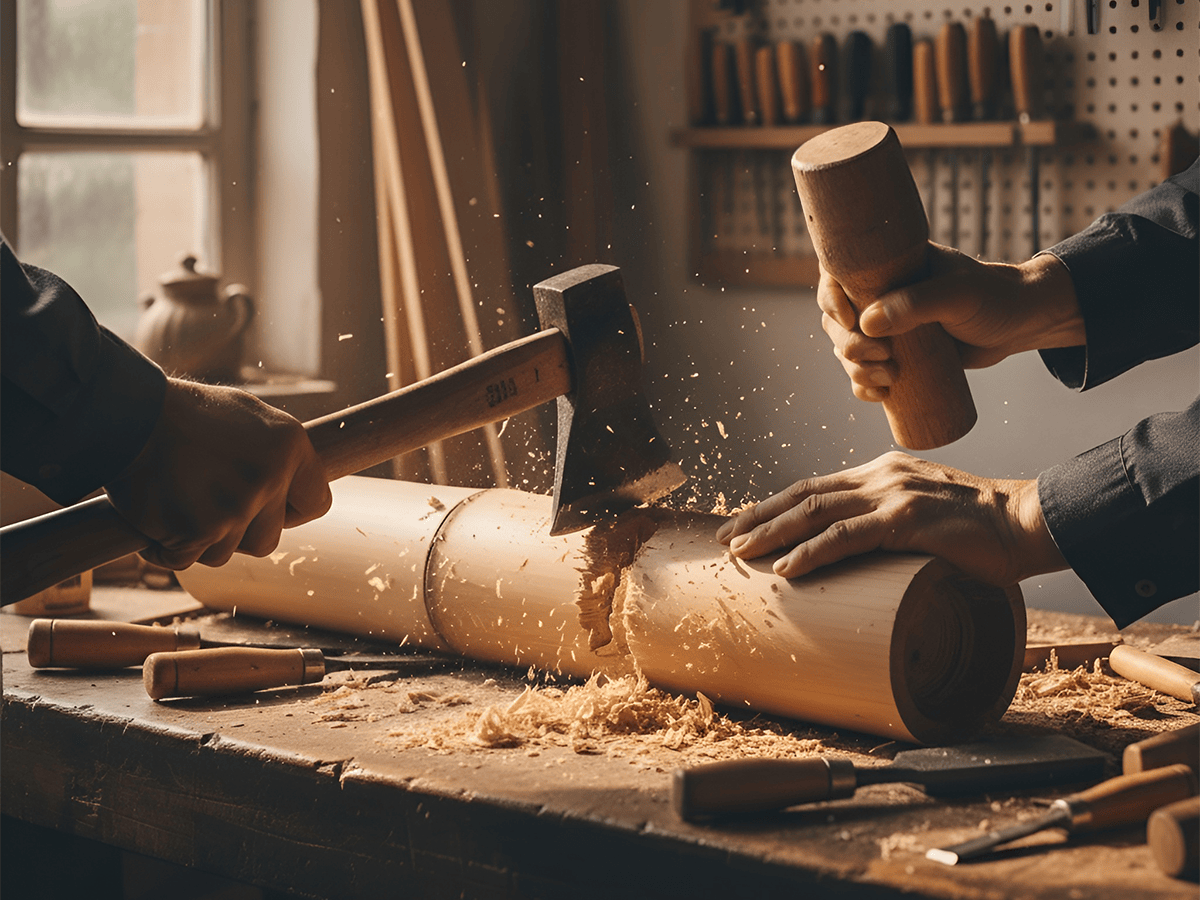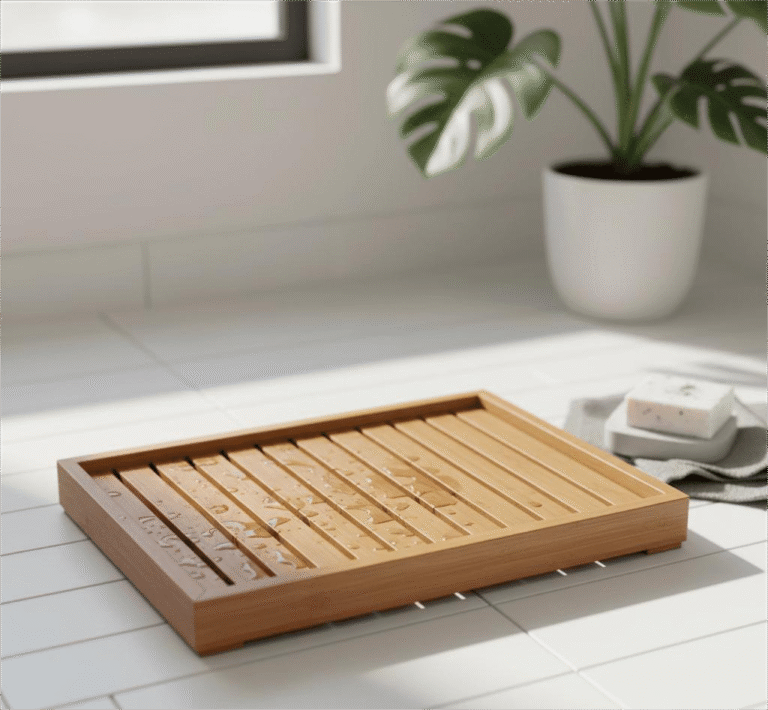How Strong is Bamboo?

How strong is bamboo? Bamboo is surprisingly strong, with some species having a tensile strength of up to 28,000 psi (pounds per square inch). To put that into perspective, steel’s tensile strength averages around 23,000 psi, which means bamboo can be stronger than steel in terms of tension. Its strength comes from the natural fibers, which have a high concentration of cellulose, making bamboo highly resistant to breaking under pressure.
Why is Bamboo So Strong?
Bamboo’s strength comes from its unique structure and composition:
1. High Tensile Strength
- Bamboo fibers are made up of cellulose, which gives them high tensile strength.
- Tensile strength measures how much stress a material can handle before it breaks.
- With a tensile strength of 28,000 psi, bamboo surpasses many traditional building materials, including wood and even some types of steel.
2. Natural Flexibility
- Bamboo is naturally flexible due to its hollow structure and fiber alignment.
- This flexibility allows bamboo to bend without breaking, making it ideal for earthquake-resistant construction.
- In some cases, bamboo can absorb up to 50% more energy than wood before it breaks.
3. Compression Strength
- Bamboo’s compression strength (resistance to being squeezed or crushed) is around 7,000 psi—comparable to concrete.
- This makes it suitable for load-bearing structures and scaffolding.
4. Fast Growth and Fiber Density
- Bamboo grows rapidly, with some species growing up to 36 inches (91 cm) in a day.
- Its fast growth creates densely packed fibers, which contribute to its overall strength.
- The high fiber density makes bamboo resistant to pests and environmental damage.
Bamboo’s strength isn’t its only impressive feature. Its natural fibers also make it resistant to moisture, but you might wonder, is bamboo waterproof? Understanding its water resistance adds to its versatility in construction and furniture making.
How Does Bamboo Compare to Other Materials?
| Material | Tensile Strength (psi) | Compression Strength (psi) | Flexibility |
| Bamboo | 28,000 | 7,000 | High |
| Steel | 23,000 | 36,000 | Low |
| Concrete | 500–700 | 3,000–6,000 | Low |
| Wood | 5,000–10,000 | 4,000–6,000 | Moderate |
Practical Applications of Bamboo’s Strength
Construction
- Bamboo is used in scaffolding, bridges, and earthquake-resistant buildings due to its high strength-to-weight ratio.
- In Asia, bamboo has been used for centuries to construct homes and large structures.
Furniture and Flooring
- Bamboo’s hardness (measured at 1,380 lbf on the Janka scale) makes it suitable for durable furniture and flooring.
- It resists dents and scratches better than many hardwoods.
Sporting Goods
- Bamboo’s flexibility and strength make it ideal for making bows, fishing rods, and even bicycles.
Why Bamboo’s Strength Matters
Bamboo’s strength and versatility make it an eco-friendly alternative to traditional materials. Its ability to grow quickly without pesticides or fertilizers reduces environmental impact. Also, bamboo absorbs more carbon dioxide (CO₂) than most trees, helping to reduce greenhouse gases.
Conclusion
So, how strong is bamboo? Bamboo’s tensile strength of 28,000 psi makes it stronger than steel in terms of tension. Its natural flexibility, high fiber density, and fast growth contribute to its remarkable strength. Whether in construction, furniture, or sporting goods, bamboo’s strength and sustainability make it a valuable material for various industries.
3 Comments
Comments are closed.




[…] If you’re curious about bamboo’s durability beyond pots, check out our guide on how strong bamboo really is. […]
[…] To learn more about bamboo’s strength and durability, check out our blog on How Strong Is Bamboo. […]
[…] One reason we love bamboo for our bath caddies? Its unmatched strength. Learn more about what makes bamboo so strong. […]